Graham Reid | | 3 min read
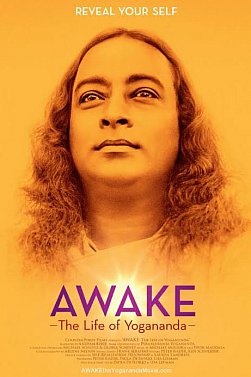
In the early Seventies those who didn't have their noses buried in the escapist fantasies of The Hobbit and Lord of the Rings were reading more interesting and philosophically challenging books like Zen and The Art of Motorcycle Maintenance, The Dice Man and Paramhansa Yogananda's Autobiography of a Yogi.
First published in 1950 – two years before Yogananda's death -- and reprinted regularly from '69 onwards, Autobiography was the first book written by an Indian spiritual leader about his life, and was immediately acclaimed for its wisdom and mystery.
One of a line of great teachers, Yogananda took his message out of the confines of a monastic life in India and to America where he lived for 15 years, teaching meditation as a science not as a religious practice.
Of course there were elements of religious mysticism – how could there not be by one in search of the Divine within us? – but in a world where science was rapidly questioning faith, he spoke of self-realisation as something all people could achieve without resort to doctrine.
I was one of the many who read this book with wonder – and yes, a fascination for what seemed the improbably exotic figure of this long-haired, portly guru whose life seemed untainted by the scandals which surrounded so many others.
And I decided to learn mantra meditation.
My teacher was the equally exotic Michael Tyne-Corbold (who had spent time with the Maharishi Mahesh Yoga in Rishikesh when that British pop group was there, he feigned not to know who they were.
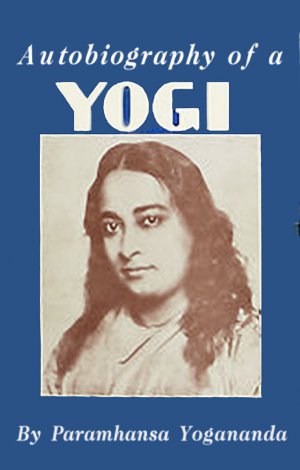 Every week I would go to
his house in Mt Eden where he would talk a few of us through the
non-religious background of mantra meditation and then we would put
it into practice in the silence of his book-lined lounge.
Every week I would go to
his house in Mt Eden where he would talk a few of us through the
non-religious background of mantra meditation and then we would put
it into practice in the silence of his book-lined lounge.
It was a wonderful experience and on the way out I would scan the book titles, all of them esoteric texts. I think it was through him I learned of Theosophy, Madam Blavatsky, J G Bennett, Gurdjieff and so on . . . not that he mentioned them, but I would memorise the titles and authors.
Tyne-Corbold – who was teaching meditation free to prisoners I seem to recall – was a fascinating man. He was short, had his dark hair tied back in a ponytail, possessed a scrubby beard, was always in a suit and waistcoat, walked with a cane, and was maybe in his mid Fifties at the time. (I checked, he was only in his early 40s.)
He also taught me how to teach meditation (it was a rigorous series of lessons) but I didn't do much with it.
Over the years I would meditate, but it became more and more infrequent (day job, three children) and I found I had less and less time to practice it.
I always remember Tyne-Corbold saying that if you think you have no time for meditation that is the time you need it most.
This fascinating 90 minute doco about Yogananda's life and teaching – with archival photos and footage, plausible re-enactments and a number of disciples, scientists and George Harrison attesting to his power and impact – reminded me of all that as it offers an insight into one of the most remarkable men of the early 20th century.
His life was driven by visions and intuitions (he woke one day being called to America and arrived there in '20 knowing no one, a strange figure on the streets) and began giving free lectures about looking within to find peace and God.
Over time he gathered numerous followers and benefactors, and started his Self-Realisation Fellowship.
Of course there was controversy: He wasn't allowed to speak in Miami (despite having met Calvin Coolidge at the White House) for fear that he might be having his way with the womenfolk. There is no evidence – despite official enquiries – of this but a falling out within his SRF split the group.
Eventually he was called back to India when he became aware his own guru was dying – stopping off to meet Gandhi – and it seemed he might remain there for the rest of his life.
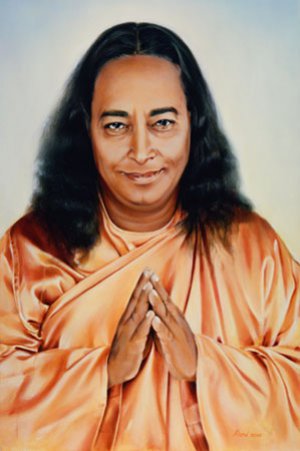 But he returned to America
to continue teaching in '36 (which he felt was even more imperative
after the atomic bombs at Hiroshima and Nagasaki) but after finishing
a speech at a banquet in Los Angeles in honor of now-independent
India's first ambassador he collapsed and died.
But he returned to America
to continue teaching in '36 (which he felt was even more imperative
after the atomic bombs at Hiroshima and Nagasaki) but after finishing
a speech at a banquet in Los Angeles in honor of now-independent
India's first ambassador he collapsed and died.
He had told people he would not be much longer on this plane of existence, which he likened to a movie being projected. We are just the light and shadows of God, and we must look to the light.
His was an extraordinary life – made more so that he was in America during the Twenties and Thirties – and in death it is written his body showed no signs of physical distintegration, even 20 days after his passing.
That fact – the mortuary director attested to it officially – isn't in this biographical feature because perhaps it alludes to the mysterious rather than the scientific aspect Paramhansa Yoganada brought to his teaching.
Much acclaimed – “engrossing and informative from start to finish” wrote The Village Voice – Awake is a sympathetic and persuasively assembled portrait of a yogi, spiritual teacher and a man whom people gravitated to . . . and who, it seems, never betrayed their trust when so many others teachers have.
And his book is still worth reading. Far more so than those Tolkein things.



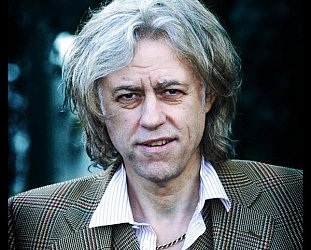
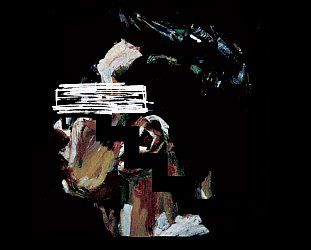
Greg - Dec 8, 2015
Fascinating story Graham. I am surprised you did not note the musical connection with "Tales from Topographic Oceans" by Yes. That meisterwork was based on "Autobiography of a Yogi", and appears to run approximately the same length of time as the documentary. GRAHAM REPLIES: Yep, I was very aware of the Yes album (and was almost drawn to make quips about music inspired by Hobbit/Rings), but wanted to keep the focus on the philosophies and the man himself.
Savepost a comment